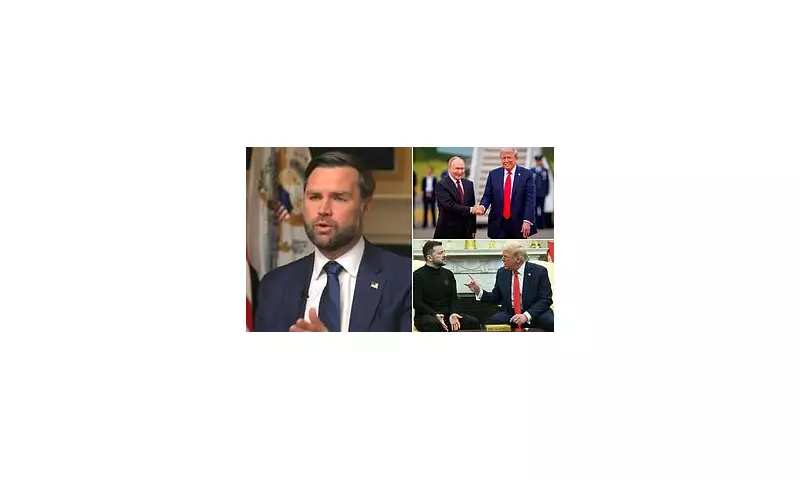
US Senator JD Vance has ignited a firestorm of controversy and been accused of a dangerous rewriting of history after making a series of factually incorrect statements about the origins of the Second World War.
The Ohio Republican, a close ally of Donald Trump, made the comments during a recent appearance on the 'Uncontrolled Spread' podcast. In a bid to argue against continued American support for Ukraine, Vance presented a distorted version of 20th-century history that has left experts aghast.
Deconstructing Vance's Flawed History Lesson
Central to the senator's argument was the claim that Hitler's invasion of Poland in 1939 was not the primary catalyst for the global conflict. Instead, Vance asserted it was the British and French declarations of war that truly 'unleashed hell' and expanded a 'regional conflict' into a world war.
This interpretation was swiftly dismantled by leading historians. They pointed out the glaring error: without the Nazi invasion, there would have been no cause for Britain and France to honour their defence pacts with Poland. The aggression, unequivocally, originated from Berlin.
Vance further claimed that a negotiated peace could have been possible after Poland fell, seemingly overlooking the fundamental nature of the Nazi regime and its expansionist goals across Europe.
A Pattern of Provocative Statements
This incident is not an isolated one for the senator. During the same discussion, Vance made the incendiary suggestion that President Joe Biden, by supporting Ukraine, is effectively a 'child murderer'—a remark that has drawn widespread condemnation.
His comments form part of a broader narrative pushed by some factions of the Republican Party, which seeks to minimise the threat posed by Vladimir Putin's Russia and frame Western intervention as unnecessary meddling.
Experts Issue Stern Rebuke
The historical community has responded with force to correct the record. Prominent figures have taken to social media and news outlets to label Vance's claims as 'nonsense' and a 'bad faith argument' that whitewashes the blatant aggression of totalitarian states.
Critics argue that this revisionism is not merely an academic exercise but has real-world consequences, shaping public opinion on critical contemporary issues like the ongoing war in Ukraine and the importance of international alliances like NATO.
The backlash serves as a stark reminder of the intense scrutiny faced by political figures when they engage with complex historical events, especially when their statements appear designed to serve a specific political agenda rather than factual accuracy.





